Iran’s Supreme Leader Ali Khamenei this week delivered his eighth speech since the nationwide protests started in mid-September following the death of Mahsa Amini in the custody of morality police.
In his first comments about the protests, made before a group of military commanders at a military base in Tehran, Khamenei promised that the protests would soon end. Two months later, he claimed that “the enemy has been defeated.”
In his November 19 speech, Khamenei of course did not recognize the legitimacy of the protests, and he insulted the demonstrators by saying “they are too insignificant to hurt the regime.”
Khamenei’s speech came after the fifth wave of pro-government demonstrations since the start of the ongoing protest movement. In previous rounds of demonstrations, starting with the 1999 student protests in Tehran, the regime has used such rallies, usually held after Friday prayers, to try to show that demonstrations had ended while at the same time the level of violence against those taking part was increasing.
This time, however, this effort has come to naught. As the pro-government demonstrations were underway, protesters gathered in cities and villages to shout slogans again Khamenei and his 33-year rule, even more vociferously than on the first days of protests. A few hours before Khamenei’s speech, protesters in Khomeni, the birthplace of Ayatollah Khomeini, the founding father of the Islamic Republic, set fire to his home.
This was a symbolic act that showed the ever-increasing anger of the protesters who are being suppressed and humiliated in the most violent way by the agents of the Islamic Republic. This anger is directed at Khamenei himself who, in his latest speech, called them “insignificant.”
In his previous addresses, Khamenei called the protesters “traitors,” “thugs,” “ruffians,” “garbage,” “foreigners’ lackeys” and “insects,” so describing them as “insignificant” is not very significant, even though this word might seem impolitic when it comes from the mouth of a country’s ruler.
The 83-year-old Supreme Leader, speaking at the start of the 10th week of nationwide unrest, did not threaten demonstrators with harsher measures than before, nor did he signal any softening of his stance. However, he did express sentiments that were unprecedented.
Khamenei warned against the “officials’ fatigue,” “loss of hope by the people, the youth and the officials” and “propaganda about the absence of freedom in the Islamic regime.” He called on his supporters, specifically “writers, poets, scientists, clergymen and all influencers” to “create hope.” His call and warnings could reveal that the protests have had a behind-the-scenes impact on the regime,.
General Hossein Salami, commander of the Islamic Revolutionary Guards Corps (IRGC), and General Mohammad Bagheri, chief of staff of the Armed Forces, have warned more than once against a continuation of the protests.
Besides these two top generals, a large number of lower-level commanders in the army, police and Basij paramilitary force have warned protesters against continuing their street rallies, strikes and sit-ins. Interior Minister Ahmad Vahidi, himself an IRGC general and a former commander of the elite Quds Force, has at least twice talked about the “end of the sedition,” but the protests have not died down.
In recent weeks, the government of the Islamic Republic and its supporters have tried to convince the public that the regime has not yet used full force to suppress the protests, which they claimed could be easily crushed.
The fact is that, throughout these past two months, the security forces of the Islamic Republic, both those in uniforms and plainclothesmen, have failed to put an end to this unprecedented uprising despite using all their might against the protesters.
The significant number of government agents who have fallen in clashes with the people show that the Islamic Republic has sent a wide variety of them to the field, as it did during previous rounds of protests. There is no sign suggesting that the regime has been more lenient toward the current protests.
Independent human rights organizations say more than 370 people have been killed by government forces, including at least 47 children.
The possibility of disagreements among government officials on whether protesters should be treated with less violence is slim. Those officials who could have supported a more lenient approach have been gradually sacked or forced to retire.
Some of these officials might be so unhappy with the way they have been treated that they could, conceivably, sympathize with the protesters. But they are no longer in power, and their feelings and opinions have no effect on the policies of a government that has become more homogeneous.
People like Ali Larijani, a former speaker of parliament who was disqualified as a candidate in the last presidential election, or Ali Akbar Nategh-Nouri, another prominent figure in the top echelon of the Islamic Republic who has cut his relations with the office of the supreme leader, no longer have any influence on the regime. And the insular decision-making circle in Iran has no interest in seeking their advice.
The same applies to a figure like Mohammad Javad Zarif, a former foreign minister who has eagerly tried to serve Khamenei by justifying or denying the crimes committed by the Islamic Republic, is being humiliated and ridiculed by the supreme leader.
Khamenei’s eighth speech since the protests started shows that he has nothing new to offer, neither in words nor in action. During the November 2019 protests, he ordered his armed forces to “fire at will” and called the protesters “bandits.” The result was a vast bloodshed that cast an indelible shadow over the regime.
Even though the number of victims has surpassed those of the November 2019 protests — 304, according to Amnesty International — the security and intelligence officials of the Islamic Republic concede that the demonstrators continue to resist forces of repression and, unlike in the past, terror is not stopping them.
The Iranian society is changing, and it seems that it is ready to pay a high price for its basic demands be met. But Ayatollah Khamenei continues to mock the forces of change as the country is trapped in a dead end.






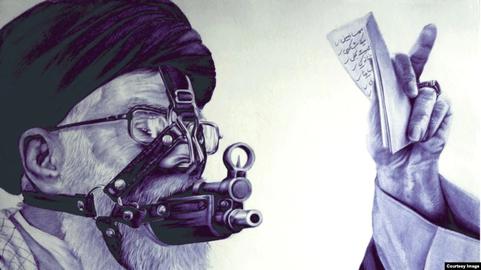

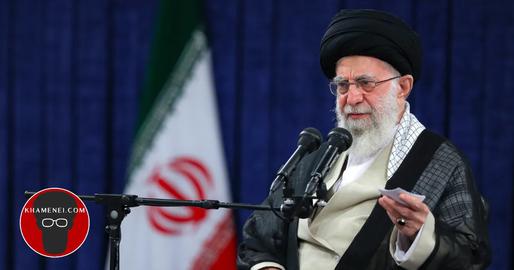
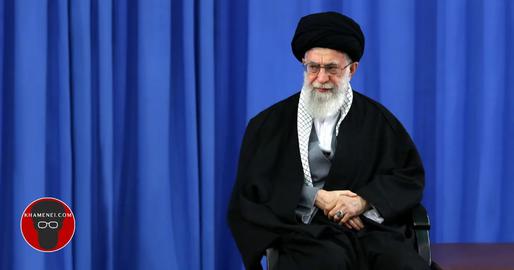
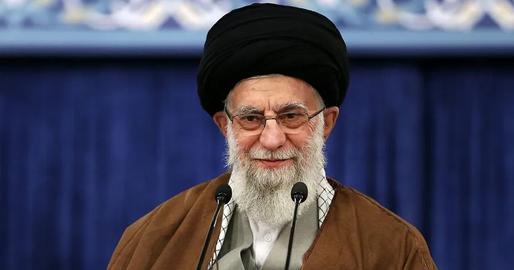
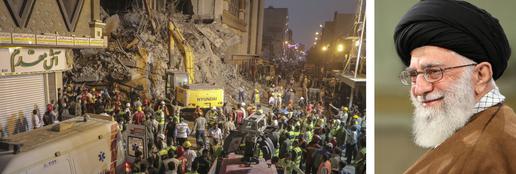
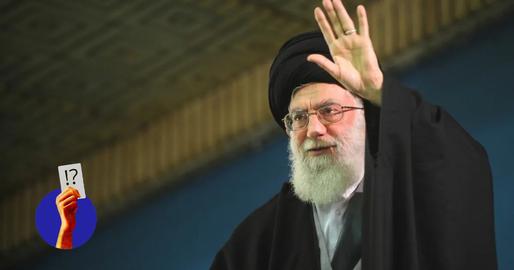
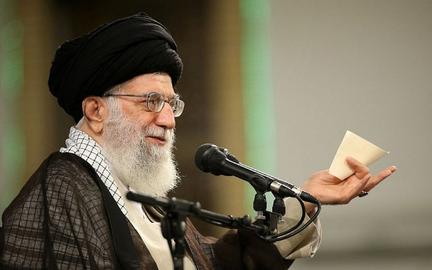
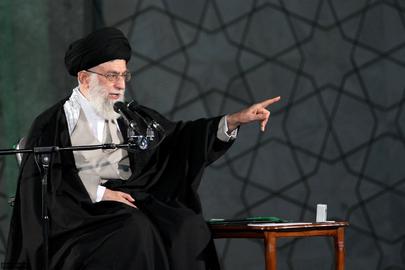
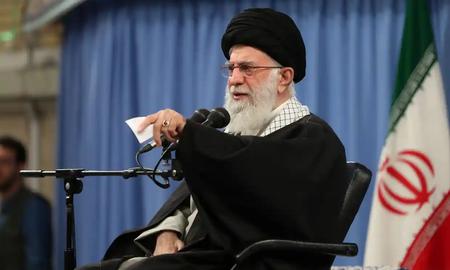

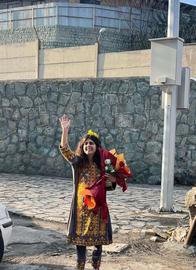
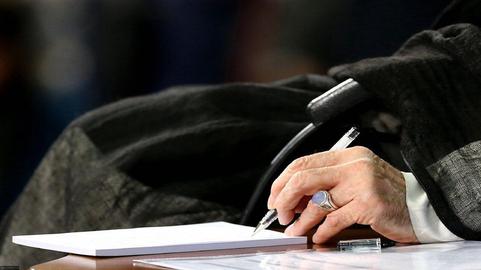
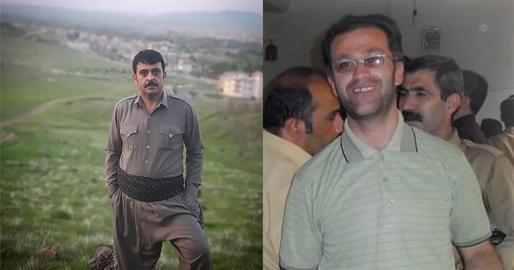
comments